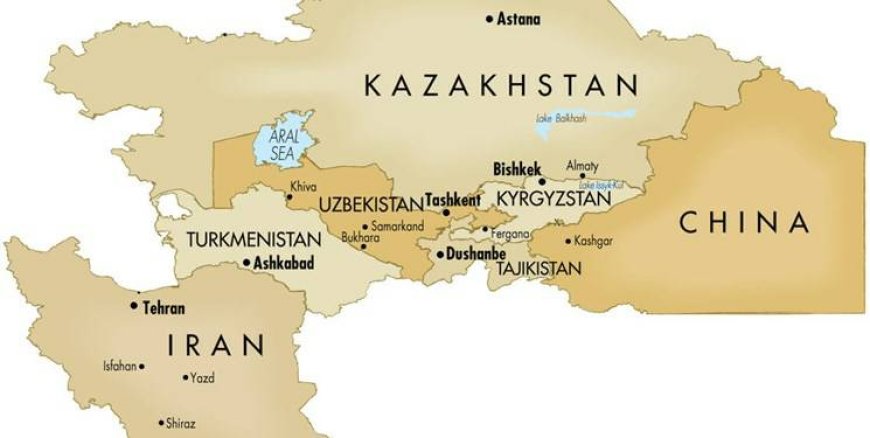Trade, Transit, and Cooperation: The Rising Economic Partnerships between Iran and Central Asia
Trade, Transit, and Cooperation: The Rising Economic Partnerships between Iran and Central Asia

During a press conference in Bishkek, Kyrgyzstan's Minister of Economy and Commerce, Daniyar Amangeldiev, highlighted the importance of expanding and strengthening commercial and economic cooperation with Iran. This encompasses initiatives such as creating access corridors to the sea, enhancing transit potential, importing oil products from Iran, and exploring joint investments in various sectors. As a result, other countries in Central Asia have also shown interest in establishing or strengthening strategic relations with Iran. The president of Kyrgyzstan has expressed his commitment to further developing relations with Tehran, and the existing strong commercial and economic cooperation between the two countries has served as a catalyst for other regional nations to seek greater relations with Iran.
Following the successful agreements between Iran and Kyrgyzstan in areas such as logistics, transit, joint investments, and cultural cooperation, there has been a noticeable increase in collaboration between Central Asian countries and Iran. For instance, Tajikistan's President, Imam Ali Rahman, became the first official to meet with the President of Iran in the 13th government when he visited Tehran. Additionally, Bakhtiar Saidov, the Acting Minister of Affairs, paid a visit to Tehran subsequent to Ayatollah Raisi's visit to Samarkand. These visits have paved the way for the signing of ten cooperation agreements between the presidents of Iran and Uzbekistan, with the goal of promoting collaboration between the two nations.
The countries in the region have recognized the vital importance of Iran's foreign policy under Iran’s 13th administration, as well as the potential political and economic benefits of engaging with Iran. The landlocked nature of Central Asian countries and their need for access to warm waters have made Iran an attractive partner for communication projects, including the development of corridors, transit routes, pipelines, and electricity networks. Iran's position as a gateway to international markets for Central Asian countries has further motivated the heads of these nations to prioritize deepening relations with Iran.
Kyrgyzstan, Kazakhstan, and Tajikistan have expressed their readiness to participate in various projects and actively engage in the transit of goods through Iran. Kyrgyzstan, in particular, is actively seeking to transit goods through Iran's southern ports due to the closed border with China. Conversely, despite its historical and cultural ties with Iran, Tajikistan is missing out on opportunities to develop relations and compete with regional rivals. This serves as a cautionary signal for Tajik statesmen.
The golden era of Iran's relations with Central Asian countries has commenced, with Kyrgyzstan leading the way in developing strong ties with Iran. The two nations have already signed cooperation agreements in trade, customs, and transportation and have established positive relations in sectors such as agriculture, education, culture, tourism, investment, and counterterrorism. Tajikistan can look to these relations as a suitable model to advance its own national interests.













































